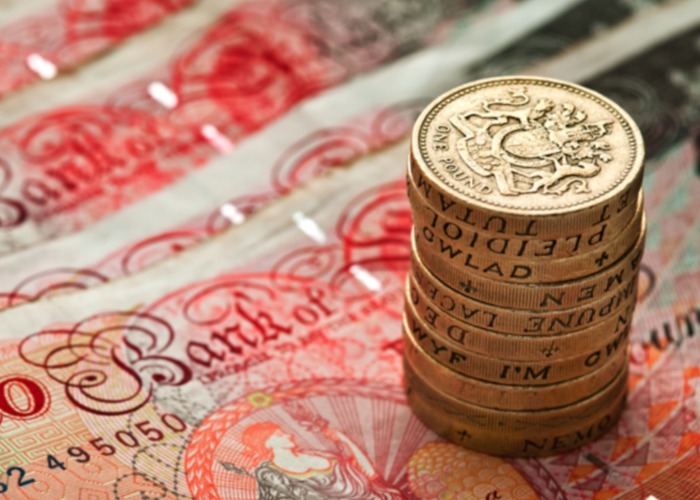UK prices hit deflation in April

Figures show further fall in prices last month.
The UK has hit deflation, with annual inflation as measured by the Consumer Prices Index (CPI) dropping to -0.1% in May, down from 0% in April.
It’s the first time the CPI has entered negative territory since records began in 1996 and the first time since 1960, according to comparable historic records.
The biggest fall in prices came from transport, notably plane and ferry fares. The timing of Easter this year, falling earlier, meant that fares were lower than they were in April last year, says the Office for National Statistics.
Falling food and fuel prices have also continued to impact the figures, with the ongoing supermarket price war a big factor. Asda made a host of price cuts in April, which some of its competitors responded to.
What this means for your money
Deflation means that we have more money in our pockets as prices fall. Of course, it depends on what you spend your money on as to how much wealthier you’ll feel.
The Bank of England has factored a period of deflation into its forecasts, so this means interest rates are unlikely to rise in the short term to combat it. Indeed, some experts believe this is the only month that we’ll see deflation.
There has been much talk about the difference between ‘good deflation’ and ‘bad deflation’. ‘Good deflation’ is defined as putting a bit more money in our pockets in the short term, while ‘bad deflation’ goes on for a longer period of time and leads to economic stagnation.
The expert view is this is a period of ‘good deflation’, and the impact of lower fuel prices and food will disappear in the coming months.
For mortgage borrowers, there’s an interest rate price war going on at the moment which means fixed rates in particular are falling to record lows. So if you’re on the lookout for a mortgage, or you’re nearing the end of a fixed rate period or on a standard variable rate, it’s a very good time to shop around to see if you could get a cheaper deal.
For savers, while it means all savings accounts beat the cost of living, rates are unlikely to increase in the short term. In fact, the recent trend has been for them to fall again.
If you want to make your savings work harder then it’s worth looking at high-interest current accounts, peer-to-peer lending or even dabbling a toe into the stock market via an ISA.
Earn up to 5% from a current account: compare them now
More from loveMONEY.com:
George Osborne announces second Budget for 8th July
Comments
Be the first to comment
Do you want to comment on this article? You need to be signed in for this feature